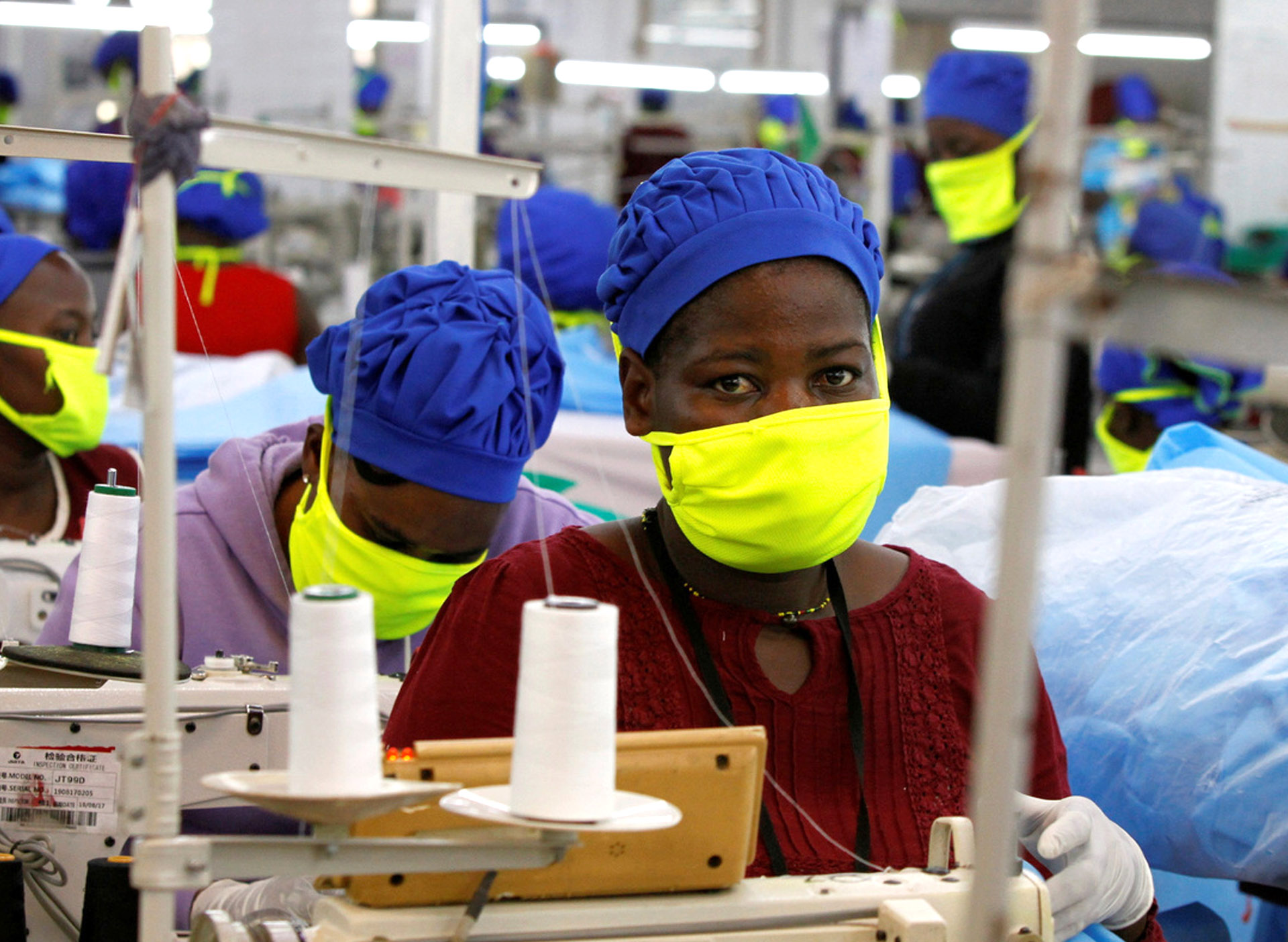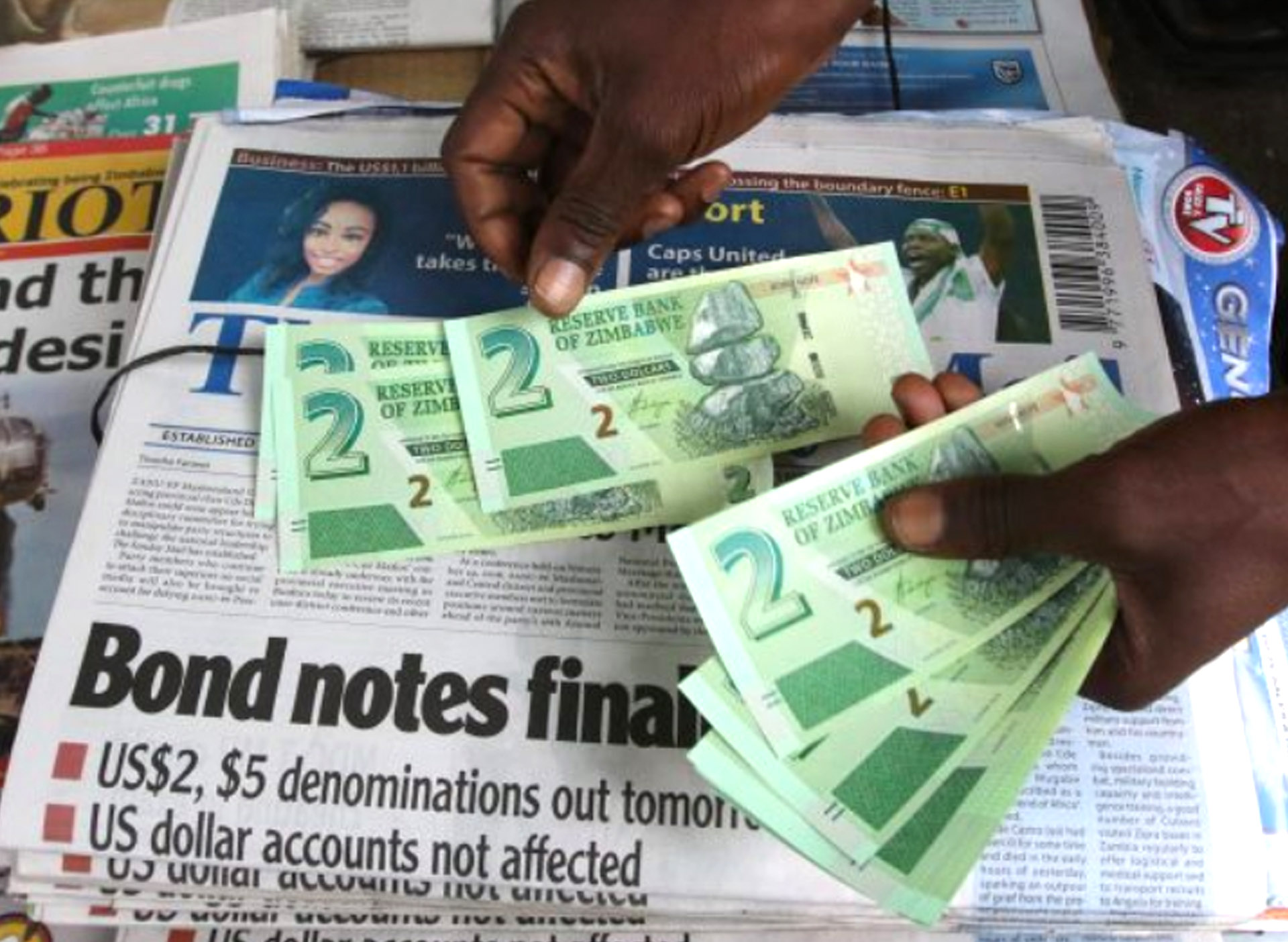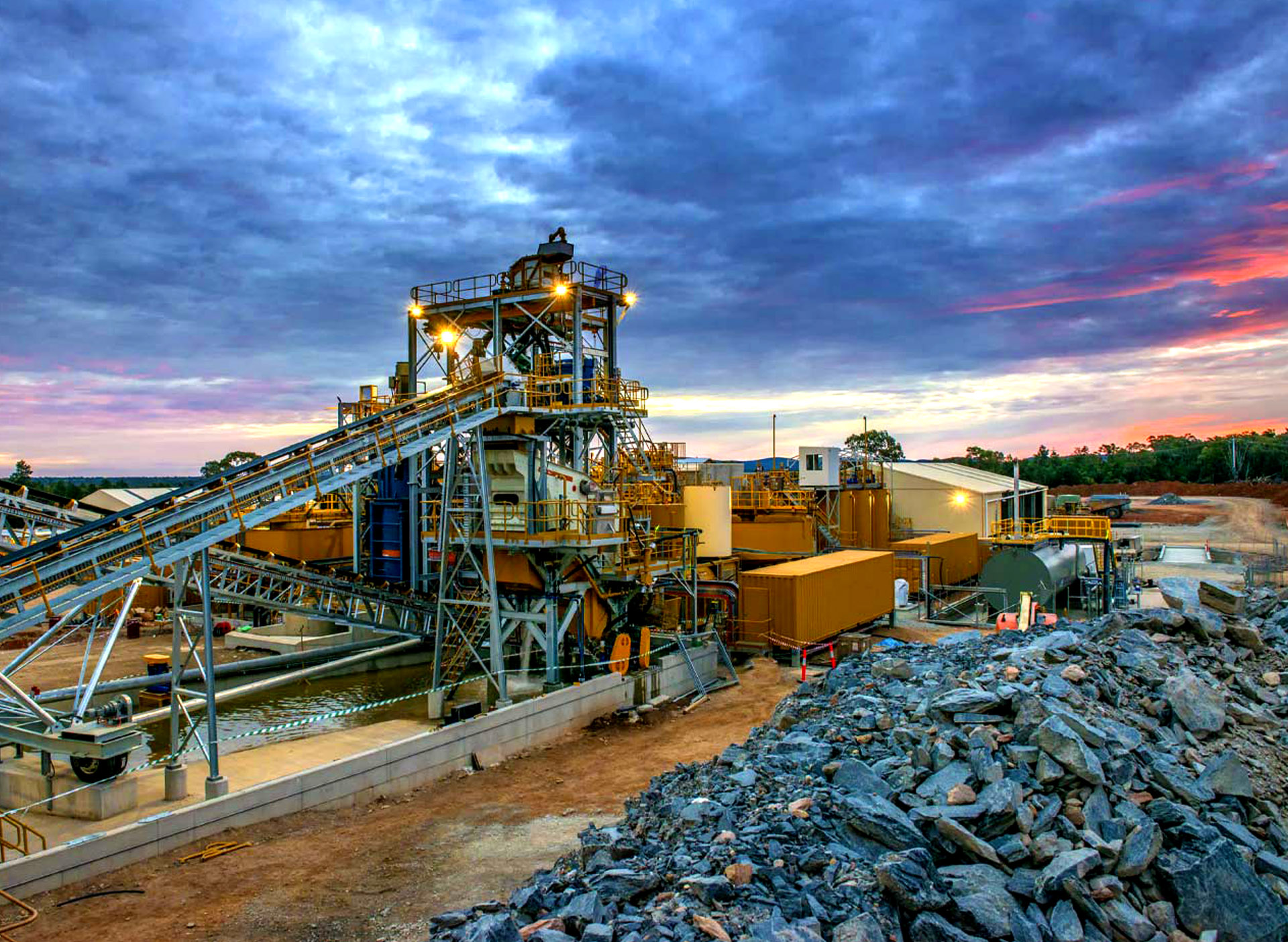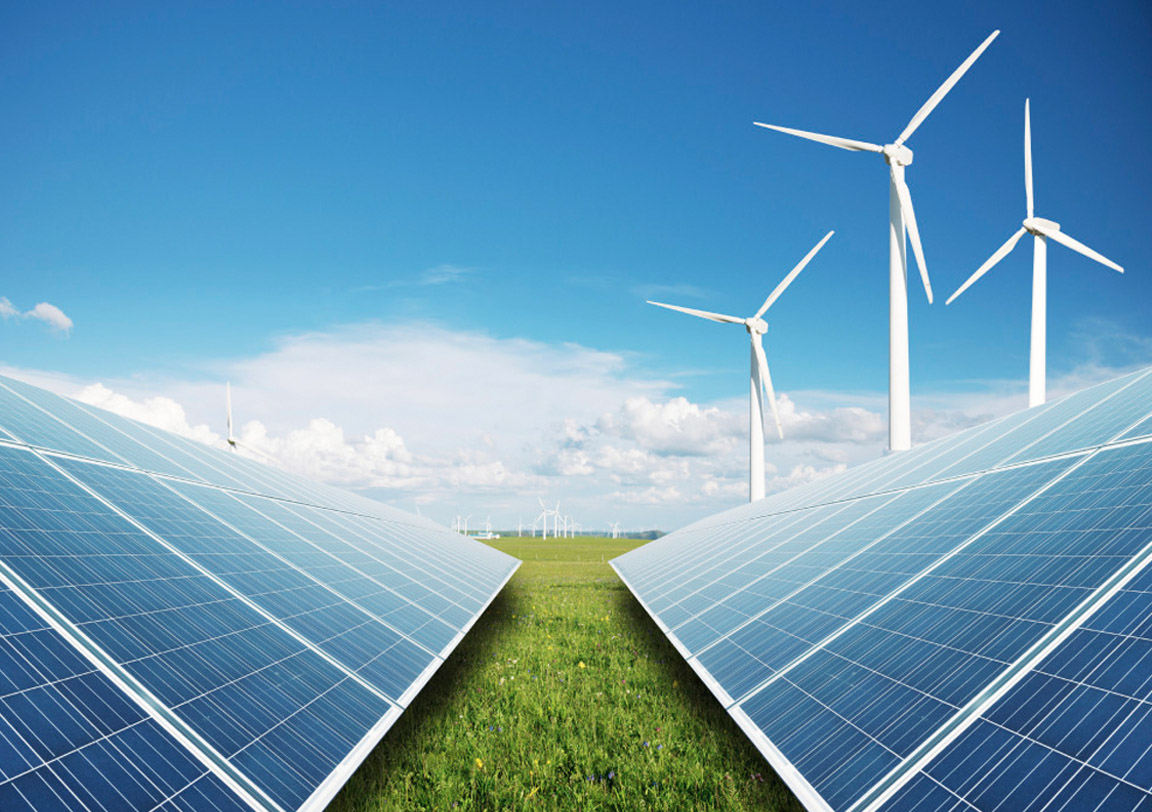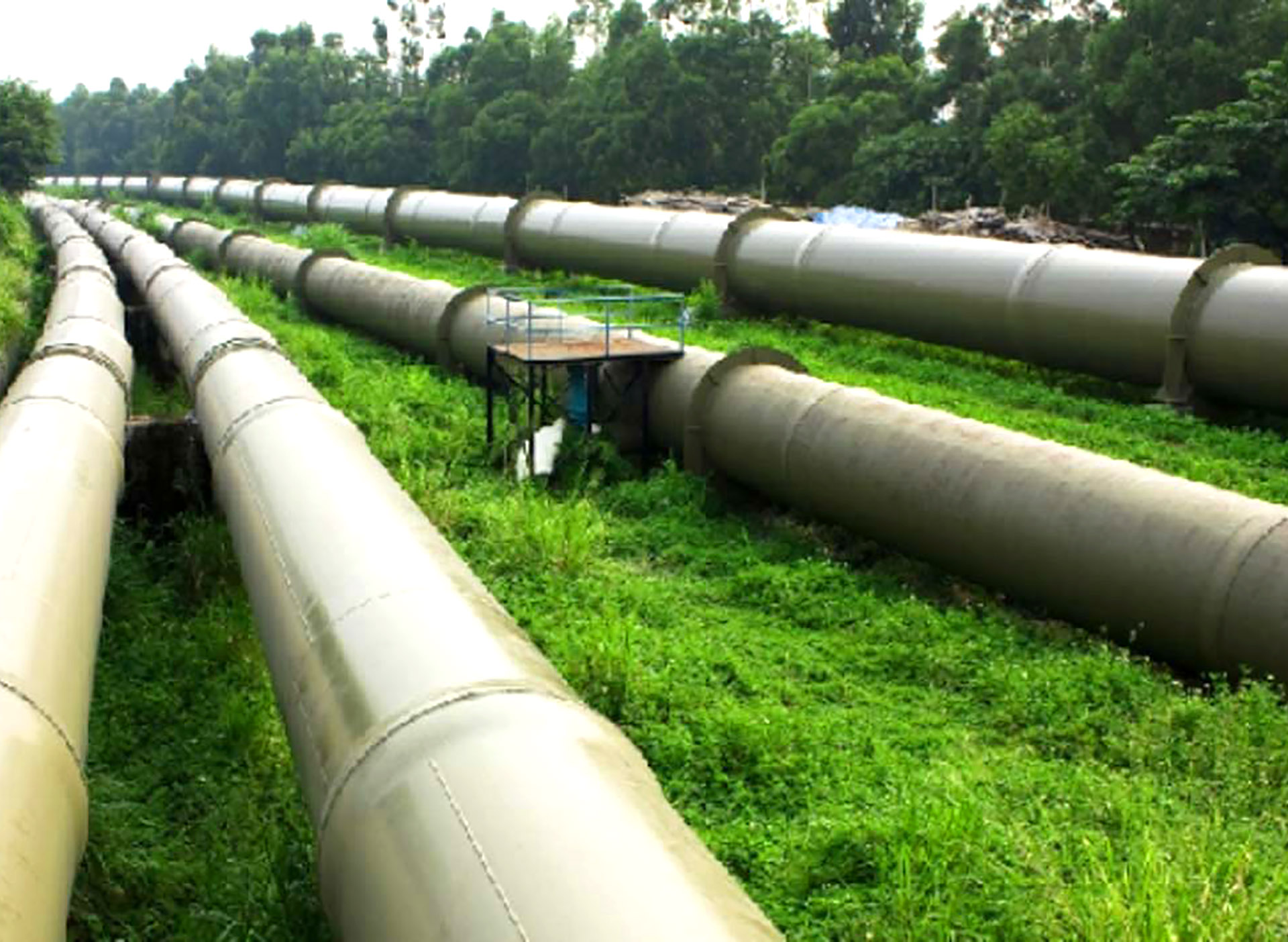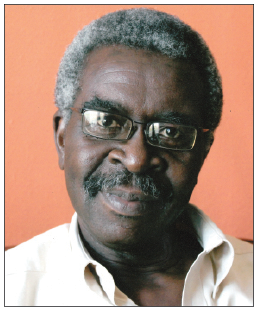Akinwumi Adesina is not a name most people in Africa would recognise, yet it belongs to a man who is, arguably, doing the most to haul the continent out of a rut of underdevelopment and improve the lives of its people.
Adesina is president of the African Development Bank (AfDB) and the brains behind this month’s Africa Investment Forum in Sandton, Johannesburg. This event followed immediately after South African president Cyril Ramaphosa’s own headline-grabbing plans to drum up development projects for his country, so it did not get as much publicity.
But it certainly deserves to be noticed — and Adesina given credit for it — because the Forum was the adrenaline injection African infrastructure development badly needs. Bankers, lenders, investors, engineers, builders, governments and others — from more than 100 countries — were gathered together in one place and told to get on with cutting deals to fix Africa.
At the end of the three-day Forum, it was announced that 56 deals had been signed — to a value of almost US$68 billion. This bettered the previous year’s event — the first convened by Adesina — which conjured up about US$39 billion.
It seems the assembled gentry of high finance took the words of Rwanda’s president Paul Kagame to heart when he told them at the start: “Just do it!”
Such a call to action has been sorely lacking in Africa for decades, with many national governments unable to get down to the infrastructure-build needed to boost economic growth, and international financiers hesitant to put money into a continent they perceive as high risk.
Africa has plenty of plans for projects and deals, but can’t find the finance; financiers have lots of money to lend but can’t find viable, bankable projects. What’s been sorely needed is a catalyst to close this gap.
Enter Adesina. The 59-year-old son of farmers in Nigeria’s Oyo state and a former minister in his nation’s cabinet was elected to lead the AfDB in 2015 and immediately set about invigorating a rather moribund organisation — with agriculture, energy, industrialisation and regional integration as pillars of his mission to improve African lives.
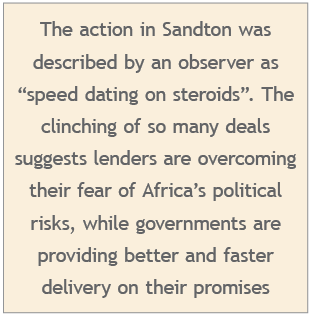
The African Development Forum, described as “an innovative, multi-stakeholder transactional marketplace”, corrals a collection of nascent deals, provides “boardrooms” to thrash them out and has plenty of resources on hand to fill gaps and hold nervous hands. It is Adesina’s way of fast-tracking the process of addressing Africa’s huge infrastructure deficits, which the World Bank estimates amount to lost opportunities worth US$170 billion a year. A lack of roads, railways, power and ports curb production by 40 percent and per capita economic growth by 2.2 percentage points, it adds.
The action in Sandton was described by an observer as “speed dating on steroids”.
The clinching of so many deals suggests lenders are overcoming their fear of Africa’s political risks, while governments are providing better and faster delivery on their promises.
The backdrop to all negotiations was the African Continental Free Trade Area, recently adopted by African countries. This free-trade protocol is still some way from implementation but it is a potent symbol of a continent-wide commitment to change and economic progress.
Delegates were also constantly reminded that Africa is home to many of the fastest-growing economies in the world, such as Ethiopia, Rwanda, Ghana and Senegal.
“The time is now to move with speed to ensure that we unlock our potential,” said Ramaphosa in his opening address, as he urged investors to move beyond pledges. “Our continent is ripe for investments but, more importantly, it is also brimming with enormous profitable opportunities.”
Adesina detailed the Forum successes, such as $600 million for Ghana to improve processing and value addition for cocoa and $350 million for beef agro-processing in South Africa.
“Promise made, promise kept,” he declared, noting also that Mara Phones’ Ashish Takkhar made a “major commitment” at the 2018 forum. “In 2019, he delivered.”
“It is a new, more confident Africa,” said Adesina. “A continent now aware of its place in the world and determined to be a global investment haven.”
____________________________
LEX Africa is an alliance of law firms with over 600 lawyers in 25 African countries formed in 1993. More information may be found on www.lexafrica.com.
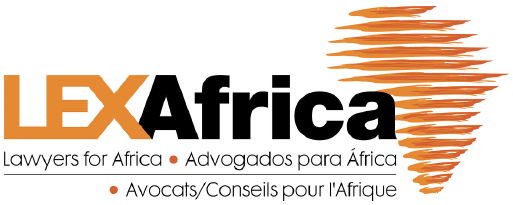
T: (27) 11 535 8000


